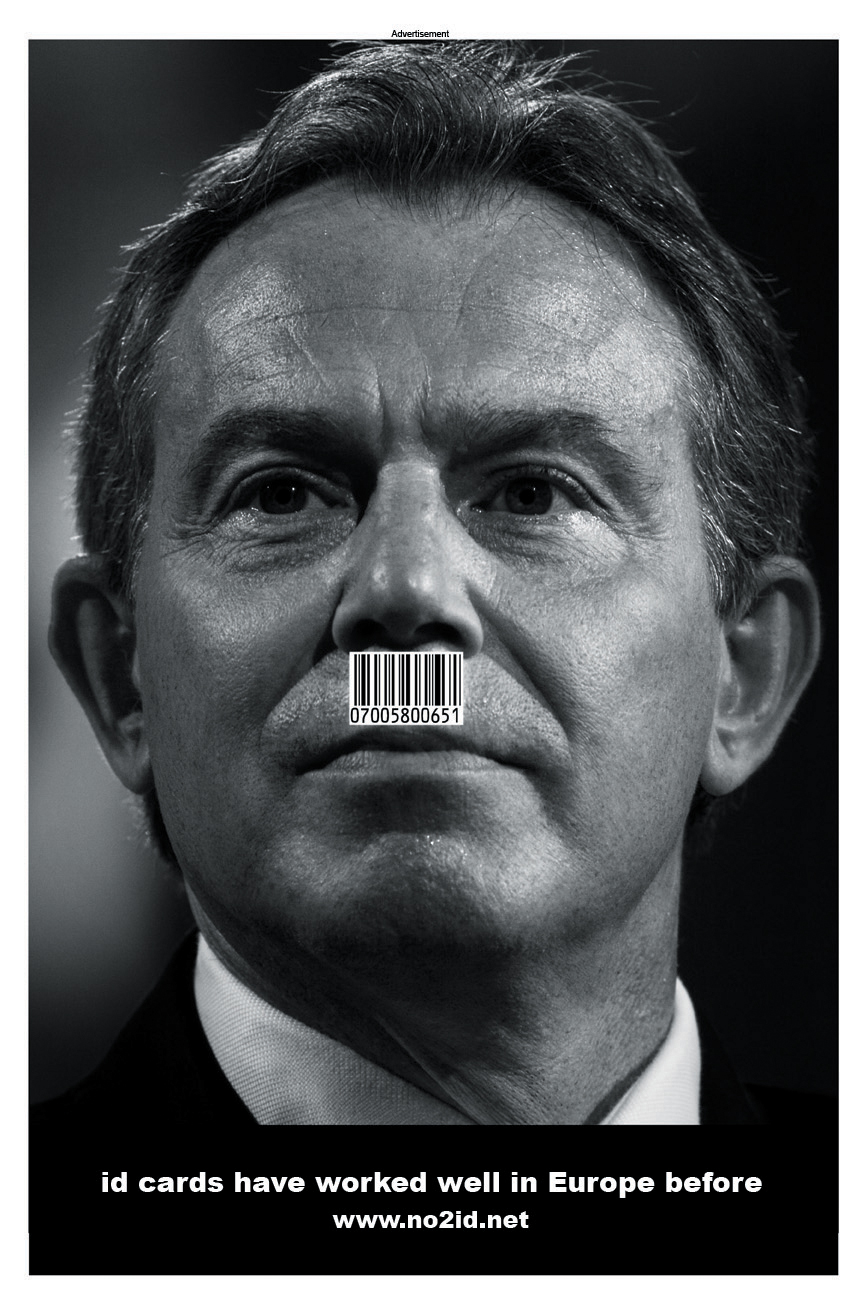After some consideration of my sanity, I watched the first episode of The GC. It was more or less as I expected. I’ll probably never watch another minute of it, but it’s not a show for me. Nor is it a show for all those other high- and middlebrow honkeys (including Mike Hosking, TV reviewers, and 10,000 Facebookers) who are wringing hands and clutching pearls about how it’s empty trash that glorifies superficial extravagance and shallow excess at the expense of what is “real” or “authentic”, how it’s exploitative and demeaning to MÄori, or whatever.
There’s some merit in these critiques, and in the complaints about NZ On Air funding, which it seems to have been allocated to a slightly different show than what ended up actually getting made. But ultimately I don’t think it matters. The GC tells us important things, not only about the beaches, bods and booze society it portrays, but the society from which its participants originated. The most legitimate object of critique is not the show, or its cast, but the system that makes such a bizarre phenomenon not only viable, but compelling.
Always bound to be something. Don’t matter if it’s good or not. Mama always said, “finish your kai. Don’t be fussy!”
Tame (pronounced “Tommy”) was talking about aunties, but the statement expresses the main reason many young MÄori leave school and go to The GC and places like it in the first place: because they’re places where there always is bound to be something that’s better than nothing; you take your opportunities as they come up, and eventually you’ll be ka pai. Aotearoa, for many young MÄori, is not such a place: the release of employment data showing that MÄori unemployment is twice the national average will be no news to anyone who’s been paying attention, and the trans-Tasman wage disparity for those who are employed remains broad. If a kid like Tame can roll like a wideboy property investor on a scaffolder’s coin in The GC, and the counterfactual is minimum wage, gangs and prison back home in Timberlea, why not? As Annabelle Lee-Harris, a producer for MÄori Television’s Native Affairs, said on Twitter:
Stay in NZ with the other 83 k unemployed youth or go to the GC where everyone has $ and lives in bikinis? Seems like a no brainer #TheGC … You can’t deny Maori have a far better quality of life on #TheGC. It may seem shallow but actually their kids aint gonna get glue ear etc.
Returning to the question: is this what we, as a society, have come to admire? The answer is yes; this is the neoliberal reality in which we all live. The truth is we always did admire it; it’s only the nouveau-riche cosmetics we cringe at. When our hereditary nobles and “real” celebrities live their extravagant, idiotic lives in public we celebrate them. When a bunch of brown kids do it, all of a sudden they’re an embarrassment; they’re abandoning their heritage, dishonouring their ancestors, should get real jobs and get back in their place.
But it’s all very well for snooty middle-class (and, I suspect, largely middle-aged) white folks to peer down their noses and mutter about how much of a shame it is. It’s easy to do when you’ve got options, mobility and capital (both financial and social). It’s easy to do when you’re not forced to choose between keeping your ahi kÄ burning, staying with your people and trying to preserve (or find) your place in society on the one hand, and earning a decent wage and staying out of prison on the other. It’s all very well to mythologise and romanticise MÄori as a noble people, beyond wealth, if you don’t have to live their reality. And the MÄori reality is not static. NZ On Air funding was sought and granted to examine aspects of the contemporary MÄori reality. If you look beyond the caricature, the phenomenon examined by The GC is an aspect of the contemporary MÄori reality. This goes some way to mitigating the criticism. Former TVNZ CEO Rick Ellis was completely serious (if wrong) when he cited Police Ten-7 as a legitimate portrayal of MÄori on TV; there are few outside the niche market occupied by Maori Television, and like the shows on that underrated network The GC at least has the benefit of being made by, for and starring MÄori. You don’t have to be very cynical to conclude that there’s a racial motive, however unconscious, behind calls for The GC to be cancelled and its funding redirected to saving TVNZ7, which Paul Casserly recently called “PÄkehÄ TV“.
Maybe the “I’ve got mine” flight to material wealth is simply neoliberalism dragging people away from their values and further into its clutches, but at some point it stops mattering. MÄori have had enough generations of being told to be patient, to make do, to play nice and they’ll get what’s good for them. Those who do the telling are are far from impartial. How long are MÄori supposed to wait for the PÄkehÄ justice system to make things right, to repair the alienation and dysfunction and reverse the discrimination that still affects them? And even when the system does finally deliver, it’s no sure thing: emerging MÄori business leaders are mocked as fools when their ventures fail and abused as fat-cat tribal oligarchs when they succeed. As far as PÄkehÄ society is concerned, MÄori can do very little right, so the only surprise about the Mozzie phenomenon is that there are still so many young MÄori who haven’t given up waiting for the NZ system to work, and set about making the Australian one work for them. We expect them to act in their own self-interest, and we construct economic and political mechanisms to that end. This is our system, not theirs: if you don’t like their rational responses, don’t blame them: blame yourself, and your part in making it so.
L

